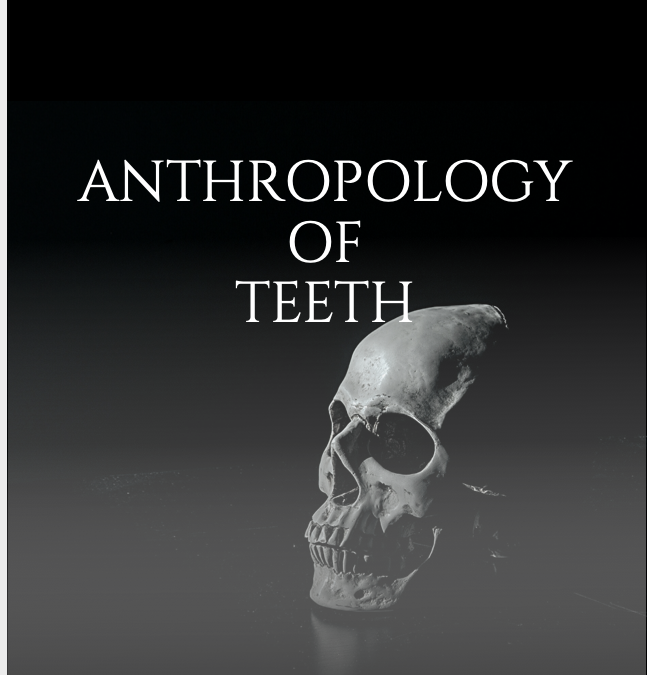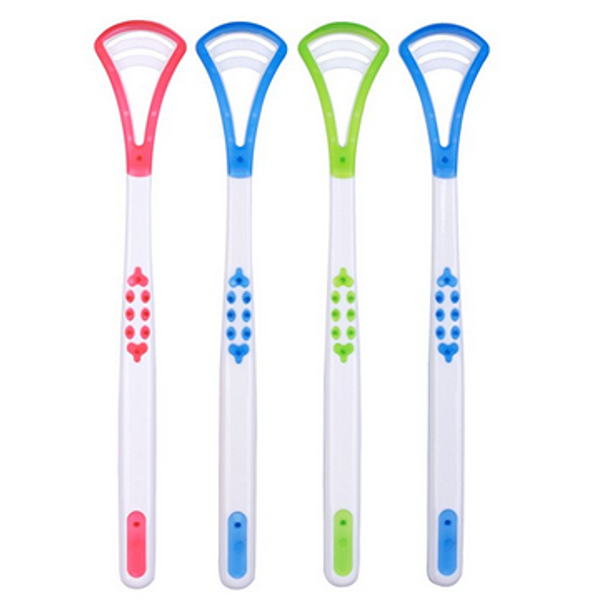
Aug 25, 2021
Not only does Dr. Brunacini love to learn more about your personal dental history during a checkup, he also loves to learn more about the larger history of human teeth. What’s not to love?! Our teeth are the result of hundreds of millions of years of evolution and are amazing! This month we continue our Dental Anthropology interview series with Dr. Brunacini. Join us for Part 2: The Evolution of Our Teeth.
What interests you about the evolution of teeth?
Dr. Brunacini: I think there is always fascination in where we came from and there is so much for us to learn! Learning more about our dental history helps us know more about the issues that impact a lot of patients currently. For example, we are learning that as our jaws have become smaller over time our ability to breathe through our nose properly has also been affected. This may contribute to developing sleep apnea and/or bruxism (grinding your teeth) and can affect multiple systems in the body.
What else have we learned about how our teeth have evolved over time?
Dr. Brunacini: As I mentioned our jaws have become smaller over time, but our teeth have changed very little. This is due to our early ancestors subsisting on a diet of chewy leaves, roots, and raw meat, which required more chewing and thus contributed to them developing much larger jaws. This allowed enough room for all of our teeth to develop properly and erupt into the correct position. As man evolved to have larger brains, our diet became softer and more processed, and our jaws shrunk. The wisdom teeth stuck around though, but with less space to accommodate them. That’s why we often have to remove wisdom teeth for our patients!
Is there an evolutionary explanation for some of the current-day dental afflictions?
Dr. Brunacini: The evolution of our diet plays a significant role in cavity formation. Cavities can develop due to eating more soft, processed foods. Of course, proper brushing and flossing help reduce the risk of cavities, but cultures that do not eat sugary, processed foods have significantly fewer dental problems. Processed foods also require less chewing, which contributes to improper jaw development and misaligned teeth. All the more reason to eat a healthy diet and come in for regular checkups with us!
Thanks, Dr. Brunacini!
We’ll continue this series later on this fall with a final interview with Dr. Brunacini on the topic. If you have a question on our dental evolution or need to schedule a checkup, please give us a call at 207.781.5900.

Aug 19, 2021
During your hygiene appointments, we frequently talk about your brushing and flossing routines. But, what about your tongue? It plays a critical role in your mouth and overall health. Find out why and how to keep it in shape.
The tongue is at the front line of the immune system and protects us against harmful bacteria entering our mouth when we eat and drink. Germs can travel from the mouth to other organs and cause disease, so keeping a consistent mouth cleaning routine is key not only for your teeth but for your overall health. That’s why Dr. Brunacini, Dr. Karagiorgos, and our team of wonderful hygienists recommend adding tongue scraping after brushing and flossing your teeth every day. It will only add one to two extra minutes to your routine and bring you a lot of benefits. Read on to learn more!
BENEFITS OF TONGUE SCRAPING
- Improves digestion. Your digestive process starts in the mouth and guess what happens when debris, bacteria and dead cells build up on your tongue? Saliva activation doesn’t work as well and your digestion suffers. However, when you scrape your tongue you clear out these blockages so your mouth can produce the correct amount of saliva and digestion can function properly.
- Helps prevent and reduce bad breath. In some people, the accumulation of bacteria in the mouth causes bad breath. Using a tongue scraper consistently will help remove it, and you will have a fresher breath!
- Boosts your immune system. We often talk about how a good oral health routine contributes to your overall health, and tongue scraping is a part of that. By scraping the tongue you will avoid the reabsorption of toxins, so that your immune system won’t be so busy dealing with them and will have more resources available to fight any other germs!
- Boosts up your sense of taste. When you scrape your tongue your taste buds will be freed of blockages and have direct contact with food again. Are you ready to rediscover how pepper, lemon or ginger really taste?
HOW TO SCRAPE YOUR TONGUE
Tongue scraping is easy! There is no secret to it, but there are a few details that we think are important for you to know, so that you make the most of it. Here’s the basic how-to:
- Touch the scraper to the back of your tongue with a little pressure and pull it forward. Always go from back to front. Scrape a few times until you make sure that you have covered all the surface.
- When you are done, wash the scraper with soap and keep it on a clean surface.
If you want to add tongue scraping into your cleaning routine, let us know and we are happy to give you a plastic tongue scraper to get you started! However, if you want to buy a copper scraper, that is also a good option. No matter what your choice is, know that washing your tongue with a toothbrush doesn’t work. Our hygienists are always happy to provide a demonstration, so please don’t hesitate to ask at your next appointment!
It’s easy to upgrade your daily oral health care routine with tongue scraping.Try it for a week and let us know about your experience! And as always, reach out to Dr. Brunacini or Dr. Karagiorgos with any questions or concerns. We’re your partners in oral health and here to help!
*Image courtesy of www.walmart.com


